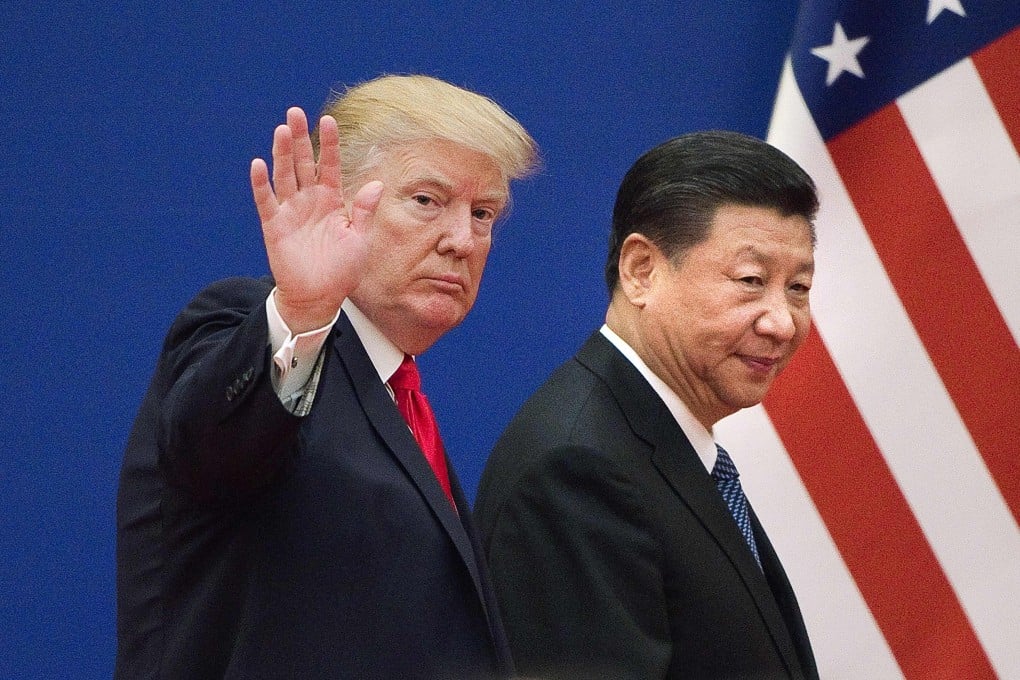Opinion | For China and the US, a new Cold War or a not new Cold War?
- The differences between the US and Chinese economic systems are not as stark as those that existed between the US and the Soviet Union
- US-China strategic rivalry is unlikely to have as clear-cut an end as US-Soviet competition. It’s more plausible to imagine them stumbling into the future locked in an uneasy but indefinite embrace

In 1956, Soviet Premier Nikita Khrushchev notoriously told Western ambassadors in Moscow: “We will bury you.” The statement was emblematic of the Cold War as an existential global struggle between the United States and the Soviet Union.
There seems to be a consensus that the US and China are now in or heading toward a “new Cold War”. The phase has become a trope to describe the relationship, and not just by the lazy or historically illiterate. No less a personage than Henry Kissinger warns that we are in the “foothills of a Cold War”. Wang Yi, the Chinese foreign minister, accuses the US of pushing relations towards a “new Cold War”.
Still, is the Cold War an accurate metaphor? The question may strike some as excessively punctilious. But inappropriate metaphors overused can become self-fulfilling. It is important to examine the metaphor carefully rather than use it carelessly.
The Cold War was not just a period of dangerous US-Soviet rivalry and tension. In any system of sovereign states, rivalry and tension are normal conditions, never absent in some degree. In 1956, what Khrushchev actually said was: “Whether you like it or not, history is on our side. We will bury you!”. Seven years later, he clarified, “I once said, ‘We will bury you’, and I got into a lot of trouble with it. Of course, we will not bury you with a shovel. Your own working class [emphasis added] will bury you.”
Ideology distinguished the US-Soviet Cold War from traditional great power competition. In practice, both sides acted pragmatically – nuclear deterrence gave them little choice. But the ideological element was nevertheless central to US and Soviet efforts to shape the international order in their own interests and image. For the Communist Party of the Soviet Union, in particular, the ideological claim of historical infallibility legitimated its right to rule, and its conception of Soviet interests was filtered through that ideology.
